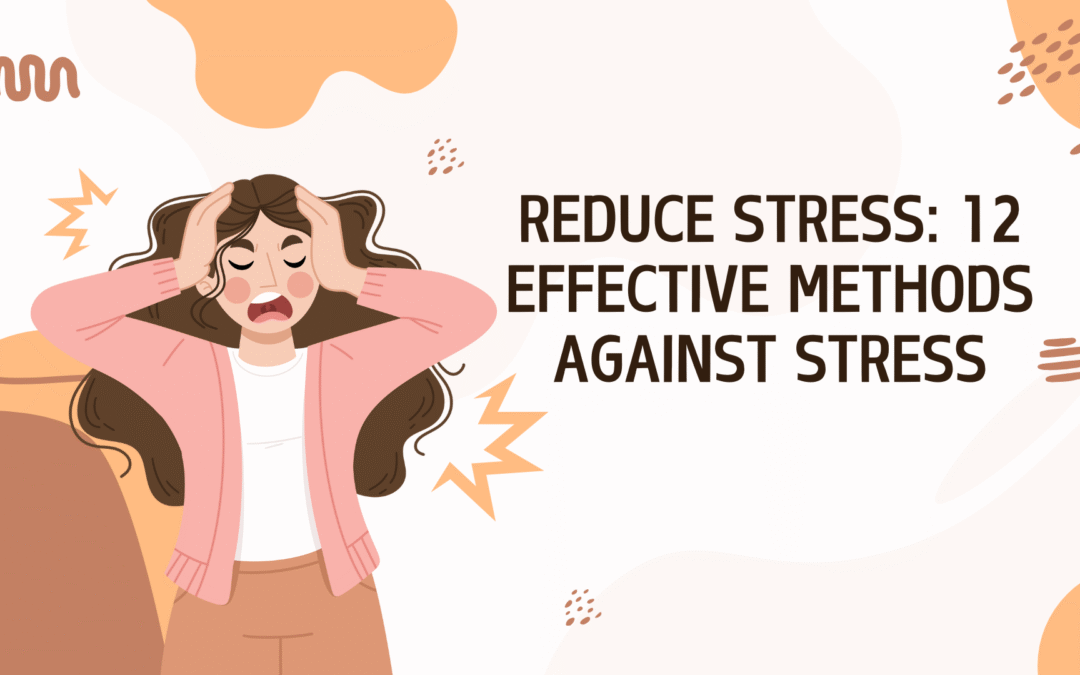Why reducing stress is important? Prolonged and regular stress loads are poison for the body and psyche. Since stressful times cannot always be avoided at work and in everyday life, it is all the more important to know how you can quickly free yourself from the stress trap.
Our tips show you how to best prevent, reduce and act on stress in an acute case.
12 ways to reduce stress
1. Mindful living helps against stress
Mindfulness is the new magic word for stress relief. With the “Mindfulness-Based Stress Reduction” (MBSR) you train your attention and sharpen the perception for the moment.
The central goal is that you become more mindful of yourself and your environment. So you can become aware of your reaction patterns in difficult situations and meet stress with a new serenity.
You will also learn to deal with stressful thoughts and feelings in a more relaxed manner.
You don’t know how to start? With these simple tips you will be more mindful through everyday life.
2. Reduce stress with yoga
Yoga is a proven way to reduce stress and ensure a good work-life balance.
The physical exercises (asanas) are not primarily about physical fitness, but about self-control and serenity.
“Yoga is not performance-oriented. It is not crucial to perform an exercise perfectly. Rather, it is about letting the flow of thought come to rest and giving yourself completely to the moment,” says Nicole Plinz, therapeutic director of the Day Clinic for Stress Medicine in Hamburg.
Yoga aims at the connection between body and mind, breath and movement. The gaze is directed inward, also with the aim of accepting oneself.
This makes us free to live in harmony with our possibilities and abilities, and also to escape the standards of our meritocracy.
Spiritual forms of yoga such as Kundalini may be better suited to reduce stress than, for example, power yoga.
You are a beginner and want to learn yoga? Here you will find the perfect guide for yoga beginners.
3. Sums against stress
Have you ever noticed that some people are buzzing in the strangest situations?
The hum is often associated with a relaxed attitude to life and a leisurely pace.
There’s something about it, and when you’re humming in a critical situation, you’ll notice that you’re getting calmer inside. Researchers explain this, among other things, by the vibration of the vocal cords, which has a soothing effect and an internal massage and lowers blood pressure.
When singing, oxytocin is released. The cuddly hormone, which also strengthens interpersonal bonds, helps to a stronger immune system, reduced pain perception and feelings of happiness.
4. Just keep your hands under warm water
Taking a warm bath is one of the most relaxing things there is. However, this is especially difficult in such moments, when everything threatens to grow over your head with all the work.
But instead of dreaming of sinking into the foam while you continue to run in the hamster wheel, it is best to try washing your hands with warm water.
It immediately calms the parasympathetic nervous system; the parasympathetic nervous system is also called the “rest nerve” because it helps us to get out of a stressful situation and back into relaxation.
Now, by washing your hands, you will not be deeply relaxed, but it will help you to take your foot off the gas and come back to your senses.
5. Reduce stress and take digital time off
Social media, calls, e-mails: Constant availability is an absolute relaxation killer. To take a deep breath and reduce stress, it can therefore help to leave the mobile phone in your pocket more often – or to turn it off altogether.
However, because Digital Detox is not always easy, there are useful apps that block unwanted calls, messages or WhatsApp messages or encourage you to look less at your phone.
“Offtime”, “Forest” and Co. are usually free and help you spend more time in the here and now.
Once the annoying smartphone is set to rest, there is automatically more time for a relaxing walk in the woods, a round of jogging in the park or an extensive city stroll – depending on where you personally can relax best.
6. Inserting power nap helps against acute stress
SOS tip for the office: Treat yourself to a power nap. With it, you can not only reduce fatigue, but also your stress level, as a French research team from the University of Descartes-Sorbonne Paris Cité has proven.
In a study with eleven men aged 25 to 32, the researchers were able to show that power napping lowers stress hormone levels – and this simple tip also helps the immune system.
7. Breathe and relax your body
4-7-8 is a technique with which everyone can reduce stress in a targeted manner. It was developed by Dr. Andrew Weil.
And this is how it works: Place the tip of your tongue behind your upper incisors – it should stay here for the entire duration of the exercise. Breathe out completely with a sigh through the mouth.
Close your mouth and breathe softly through your nose – count to four. Hold your breath and count to seven.
Now breathe out completely through your mouth, sigh and count to eight.
Repeat the cycle three times. Practice if you’re in a good mood and the stress doesn’t have you under control. Then you can use the method if you are stressed.
This works like an anchor you drop to come to rest.
8. Smile is healthy
Great experiences or successes immediately put a smile on people’s faces. Happiness hormones are released, we are happy. Now it comes: The whole thing also works the other way around.
If you smile consciously for 60 seconds at a time, the smile muscles press on the nerve that sparks to your brain: Good mood!
Your limbic system reacts delighted and sends good hormones, cortisol is broken down, you have put yourself in a stress reduction mode.
9. Relaxed and healthy snacking
Foods that contain a lot of vitamin B, minerals, proteins and long-chain carbohydrates increase performance and make us resistant to stress. That’s why you should pay special attention to what ends up in your stomach in stressful times.
These three healthy foods are recommended, for example:
Oatmeal: The flakes of seed oats contain a lot of vitamin B1 and B3 and thus support the energy metabolism and the nervous system in their function. In addition, the contained amino acid tryptophan causes the formation of serotonin, a substance known as the happiness hormone.
Nuts: All nut varieties contain B vitamins as well as potassium and iron, which means that nuts support memory. In addition, they provide a particularly large number of magnesium, which inhibits the transmission of excitation of the nerves that cause stress and calms the nervous system.
Bananas: The yellow fruit not only fills and is healthy, it also benefits your nerves. The B vitamins, magnesium and potassium contained in bananas help with this.
10. Positive thinking helps body and mind
Negative beliefs are a common obstacle to reducing stress. The more often we convince ourselves that we cannot do something, the more likely this assumption solidifies.
Our tips: Formulate a positive image: “I do a good job (even if I make mistakes)”, or: “I can make the marathon, no matter what time”.
This requires patience: Just as you have been talking yourself into deficits over the years, you simply turn the tables – and can thus reduce stress.
11. Reduce stress through relaxation techniques
In addition to meditation, there are other relaxation techniques that can help you get down:
Progressive muscle relaxation
You work your way through the whole body and start with one muscle group after another, tighten it and let it go again. With the right hand you start, go over the arms to the face and neck, the back, the belly and finally the legs and feet. Attention is paid to the sensations that occur during muscle activity. If you need guidance, the book ‘Progressive Muscle Relaxation’ from the GU publishing house can help you.
Autogenic Training
This relaxation technique acts from the inside via your own imagination, i.e. autosuggestion. You create individual pictures that relax you. Those who are practiced in this relaxation method can put their body in a state of intense relaxation and thus perceive it deeper. An introduction to autogenic training is offered in the book ‘Learning to relax thanks to autogenic training!’ by Angelina Schulze.
12. Workout helps against stress factors
Only five minutes of mobility flow help you relax and recharge your batteries.
The two fitness trainers Nicole and Anna-Lena show you in the video which exercises activate the mobility of the joints, you can breathe better and give your body and head a well-deserved rest.

